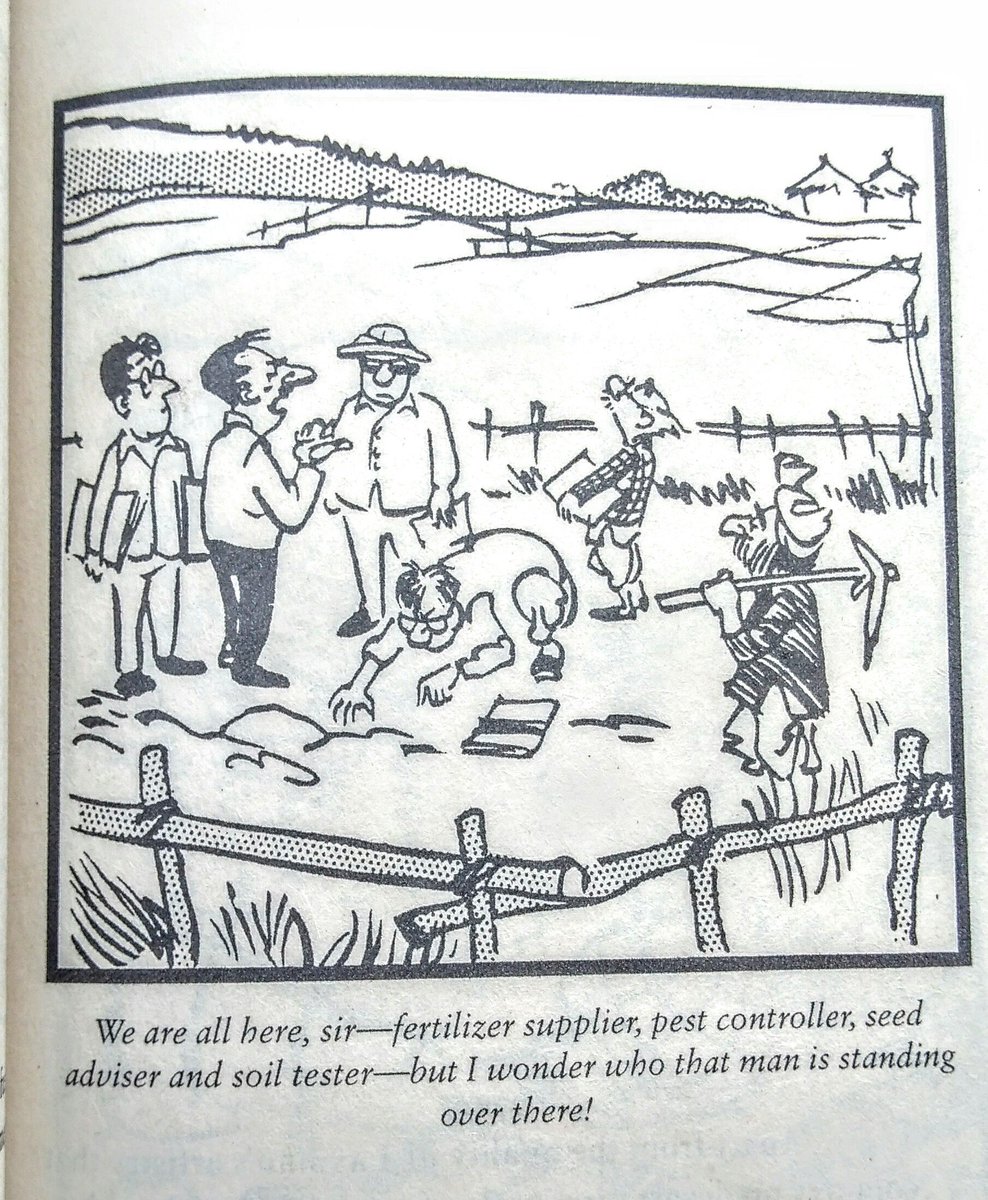
Write on food, farming & rural India for @livemint Long Story; 'Climate Change and You' newsletter sayantan.bera@livemint.com X activity personal
How to get URL link on X (Twitter) App


 Why guarantee a minimum price and why it is important?
Why guarantee a minimum price and why it is important?